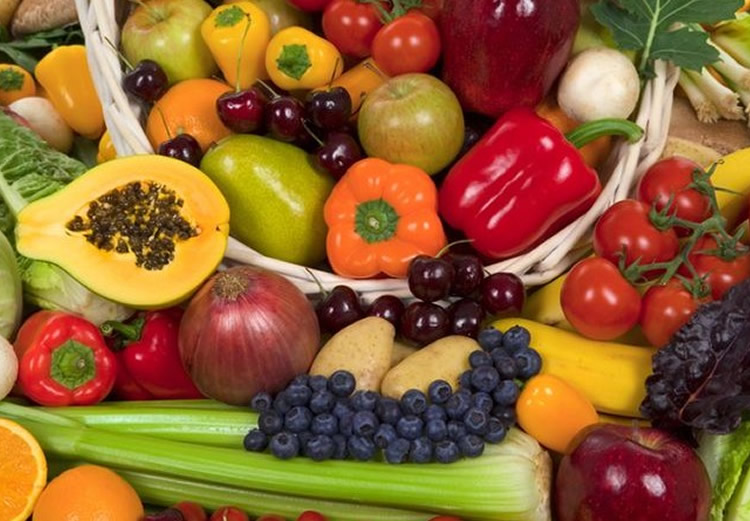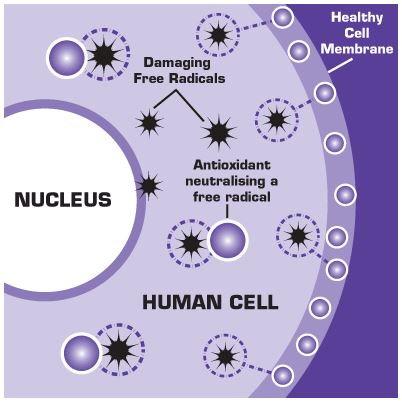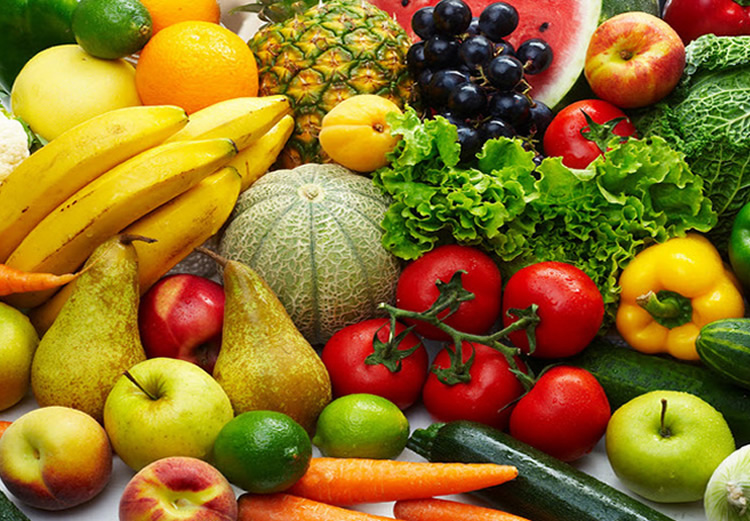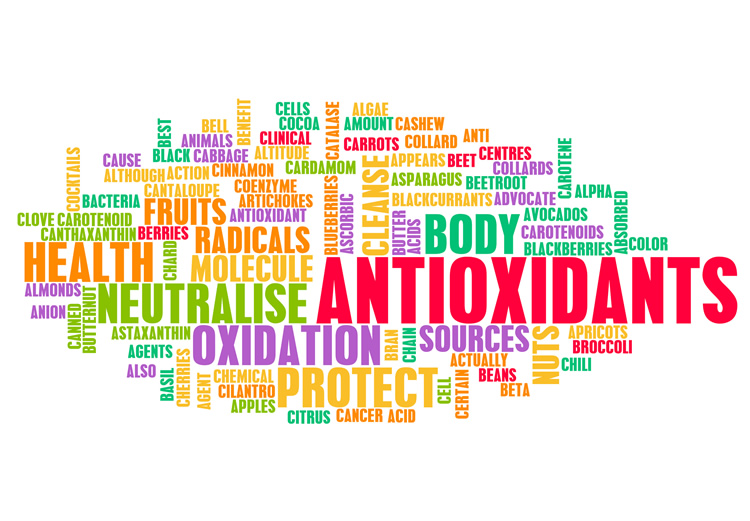Just like any other supplement, it doesn’t seem that it’s beneficial or even necessarily safe to consume high doses of antioxidants in supplement form. For example, because during exercise oxygen consumption can increase by a factor of more than 10, taking high doses of antioxidants might interfere with proper exercise recovery. (12) Other research has shown that high-dose antioxidant supplementation may interfere with the cardiovascular benefits of exercise, have negative effects on the body’s natural anti-cancer activities, and affect how the body balances levels of different chemicals and nutrients on its own. (13, 14)
When it comes to protection against things like cancer or heart disease, overall the medical literature seems conflicting. Although some studies found a positive relationship between antioxidant supplementation and risk reduction, others have not found such positive effects. To be safe, always follow directions carefully and speak with your doctor if you’re unsure of whether or not a supplement is right for you. And to remain your healthiest into older age, aim to improvie your diet, exercise and reduce free radical load in your body by practicing things like:
- avoiding environmental pollutants in water
- reducing chemical exposure in household and cosmetic products
- limiting intake of processed and refined foods
- limiting intake of pesticide and herbicide-laden foods
- limiting intake of antibiotic and hormone-laden foods
- avoiding overuse of medications
- reducing stress
- getting moderate amounts of exercise
- using natural, cold-pressed oils (heat oxidizes fats in refined oils)
Final Thoughts on Antioxidants and High Antioxidant Foods
- Antioxidants inhibit oxidation in the body, also called free radical damage, which is tied to stress.
- We get most antioxidants from our diets, which help counteract effects of an unhealthy lifestyle, such as accelerated aging, damaged or mutated cells, broken-down tissue within the skin or eyes, the activation of harmful genes within DNA, and low immunity.
- Some noteworthy high antioxidant foods, herbs and supplements include leafy green veggies, artichokes, cocoa, wild berries, green tea, cinnamon, clove, sea vegetables like kelp, spirulina, quercetin or lutein supplements, and essential oils like lavender and frankincense.
DBM Comment:
We do not advocate the use of supplements, for many reasons, not the least of which is the cost, the question of purity, the fact that it is no longer “natural source” but is a synthetic source and not to mention that the average person cannot afford to purchase them. For these reasons and many more, we prefer clients/patients to source the anti-oxidants, naturally, through a well-balanced, healthy, WFPB diet. For more information see also our Daily Nutrition page.
Source Reference: https://draxe.com/top-10-high-antioxidant-foods/










